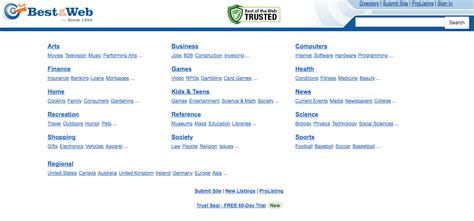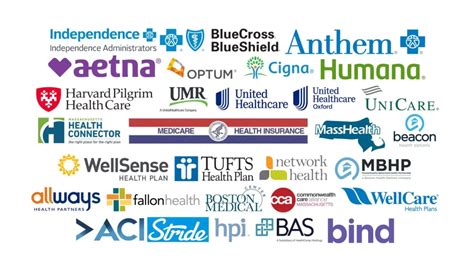Intro
Discover 5 ways to find a doctor, including online directories, referrals, and reviews, to get expert medical care from a trusted physician or specialist, ensuring top-notch healthcare services and personalized treatment options.
Finding the right doctor can be a daunting task, especially with the numerous options available. Whether you're looking for a primary care physician or a specialist, it's essential to do your research and choose a doctor who meets your needs. In this article, we'll explore five ways to find a doctor, including online directories, referrals, insurance provider lists, professional associations, and community resources.
Online Directories

Benefits of Online Directories
Online directories offer several benefits, including convenience, accessibility, and comprehensive information. You can search for doctors at any time and from any location, making it easy to find a doctor who meets your needs. Additionally, online directories often provide detailed information about each doctor, including their education, training, and areas of specialty.Referrals

Types of Referrals
There are several types of referrals, including personal referrals, professional referrals, and online referrals. Personal referrals come from people you know, while professional referrals come from other healthcare professionals. Online referrals come from online directories and review websites.Insurance Provider Lists

Benefits of Insurance Provider Lists
Insurance provider lists offer several benefits, including cost savings, convenience, and accessibility. By using an in-network provider, you can reduce your out-of-pocket costs and avoid surprise medical bills. Additionally, insurance provider lists are often comprehensive, including a wide range of specialists and primary care physicians.Professional Associations

Benefits of Professional Associations
Professional associations offer several benefits, including expertise, credibility, and accountability. Members of professional associations are often highly trained and experienced in their field, ensuring that you receive the best possible care. Additionally, professional associations often have strict standards and guidelines, which can give you peace of mind knowing that your doctor is held to high standards.Community Resources

Benefits of Community Resources
Community resources offer several benefits, including accessibility, affordability, and cultural sensitivity. Community clinics and health departments often provide low-cost or free healthcare services, making them an excellent option for those who are uninsured or underinsured. Additionally, community resources often have staff who speak multiple languages, ensuring that you receive care that is culturally sensitive and tailored to your needs.What is the best way to find a doctor?
+The best way to find a doctor is to use a combination of online directories, referrals, insurance provider lists, professional associations, and community resources. This will give you a comprehensive list of potential doctors and help you make an informed decision.
How do I know if a doctor is in-network?
+You can check if a doctor is in-network by contacting your insurance company or checking their website. Most insurance companies have a list of in-network providers, which can be searched by location, specialty, and name.
What should I look for when choosing a doctor?
+When choosing a doctor, you should look for factors such as their education, training, and experience. You should also consider their bedside manner, communication style, and quality of care. Additionally, you should check if they are in-network with your insurance provider and if they have any specialties or areas of focus.
Can I trust online reviews of doctors?
+Online reviews can be a useful resource for finding a doctor, but they should be taken with a grain of salt. Look for reviews from multiple sources and pay attention to the overall trend. You should also consider factors such as the doctor's education, training, and experience when making your decision.
How often should I see my doctor?
+The frequency of doctor visits depends on your individual needs and health status. If you have a chronic condition, you may need to see your doctor more frequently. Additionally, you should see your doctor for routine check-ups and preventive care, such as annual physicals and screenings.
In conclusion, finding the right doctor can be a challenging task, but by using a combination of online directories, referrals, insurance provider lists, professional associations, and community resources, you can make an informed decision. Remember to consider factors such as education, training, experience, bedside manner, and quality of care when choosing a doctor. By taking the time to research and choose the right doctor, you can ensure that you receive the best possible care and improve your overall health and well-being. We encourage you to share your experiences and tips for finding a doctor in the comments below.
